Let’s face it, even the greatest workshops can be improved. And the best way to improve is to get constructive feedback. Use a workshop feedback form to learn quickly and accurately from your participants. It’s an easy and accessible way to ask for feedback and receive input you can work with.
Before we get into how to build a good feedback form, let’s take a moment to discuss the importance of feedback.
Why Is Feedback on Your Workshop Important?
Getting feedback or criticism isn’t always fun, but it’s important. It’s how you find out what your participants really learned as opposed to what you wanted them to learn. Getting honest insights, digesting them, and applying what’s relevant – that’s how you improve your workshop.
Even if you’ve successfully facilitated this workshop a hundred times, you still may have something to learn. Maybe your participants’ expectations have changed. Maybe what you’re giving them is great, but they’d like something more. Or maybe the giveaways you offer could be updated to better suit their needs.
By asking them for feedback, you can find out exactly what works and what you need to upgrade. After all, your participants are the real experts. They’ve experienced your workshop. Take advantage of their expertise to keep making your workshop even better!
5 Tips for Your Workshop Feedback Form
The key to receiving useful feedback is knowing how to ask for it. Here are some tips that can point you in the right direction.

1. Tell Them You’re Going to Ask for It
Consider telling your workshop participants in advance that they will have the opportunity to provide feedback after the workshop. This could lead to more useful and specific feedback. Point out what type of feedback or suggestions you’d appreciate. You might even highlight specific parts of the workshop you would like feedback on.
By preparing your participants, you’re making them part of your team. Now that they are thinking with you about the workshop, they are likely to be even more focused. You see, as your team members, they have a responsibility, and people want to be helpful.
2. Ask for Feedback Right After the Workshop
Some workshops teach skills that one really enjoys and experiences a while after they are acquired. In other words, some knowledge takes time to sink in. That said, if you want to get maximum engagement and accuracy, you need to get that feedback when the workshop is still fresh in your participants’ minds.
Share a link to your workshop feedback form right at the end of your workshop. Maybe even carve out 15 minutes at the end of the workshop for them to fill out the form. That way, the participants still remember the activities, the materials, and how they felt about them.

3. Don’t Ask Leading Questions
Remember, you want honest feedback. To get it, you need to ask neutral questions. Make sure to phrase them in a way that makes it easy for participants to answer truthfully. Don’t ask in a way that already implies a positive answer. Also, make sure your answer options are not all positive.
On the other hand, you also want to make it easy for your participants to see and express the positive. It’s often easier for people to identify and articulate what didn’t work for them. But it is important (for them and for you) to learn what did work for them as well. Help them get there by asking about the good as well as the bad, and by using nonjudgmental language.
4. Mix Open-Ended and Closed-Ended Questions
Make sure you use a good mix of quick and easy multiple-choice questions and more challenging open-ended questions. The closed-ended questions will give you feedback you can measure and compare. The open-ended questions can provide you with the feedback you didn’t even consider asking about. This could truly be eye-opening.
5. Design Your Form with Your Participants in Mind
When you get down to building your workshop feedback form you may find you have many questions to ask. You’ll probably want to know about the content, setting, methodology, theoretical part, and experiential parts. That’s great, and it makes total sense.

But we need to be practical and think about the participants. You want them to fill out your form with care and complete it. To increase the chances of that happening try to follow these quick guidelines:
-
Ask only the most important questions. No more than 10 if possible.
-
Structure your feedback form according to your workshop’s timeline.
-
Start with the easy closed-ended questions. Get to the open-ended questions after your participants have warmed up.
-
Make sure your questions are simple, straightforward, and clear.
-
Use friendly language and inviting images to make your form engaging.
Feedback Is Gold
Once you figure out what you want to ask and how, you can use our interactive form builder to create your workshop feedback form. And if you’d like some inspiration, check out our form templates, they can be a great place to start.
Hopefully, our tips and tools will help you collect empowering feedback. You may even find that the process of creating your workshop feedback form gives you some food for thought and a fresh perspective on your workshop.

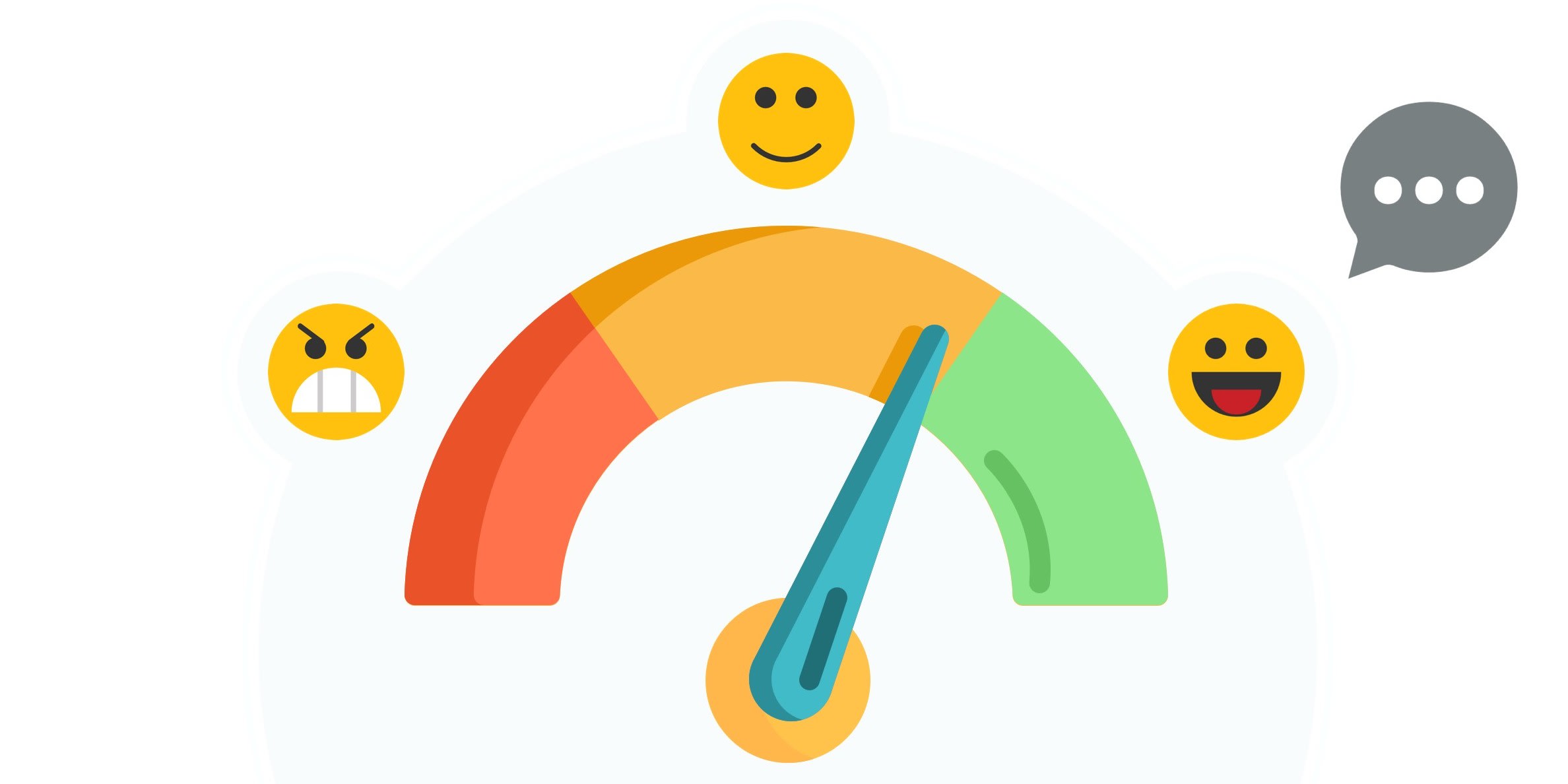





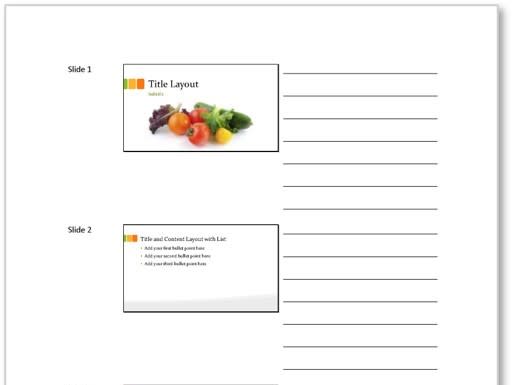
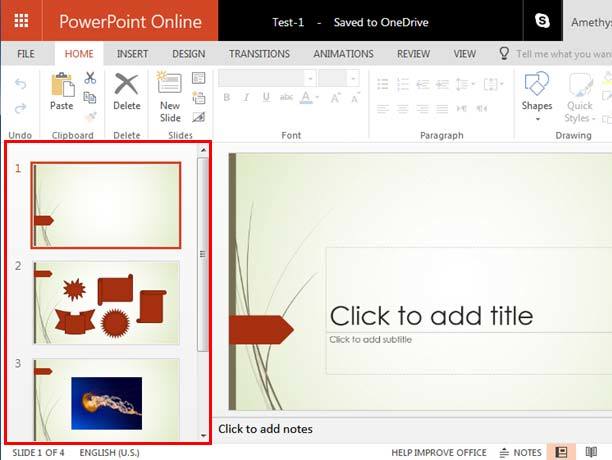
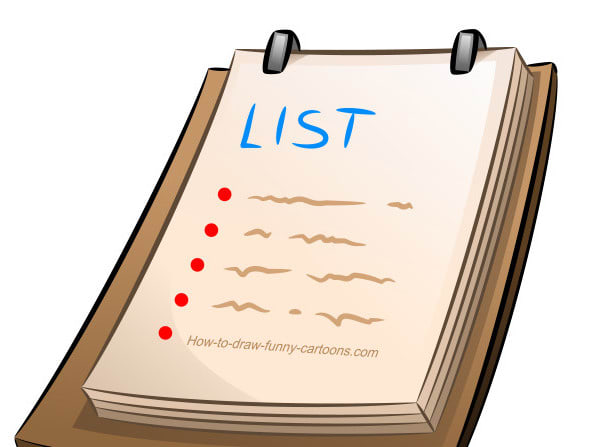
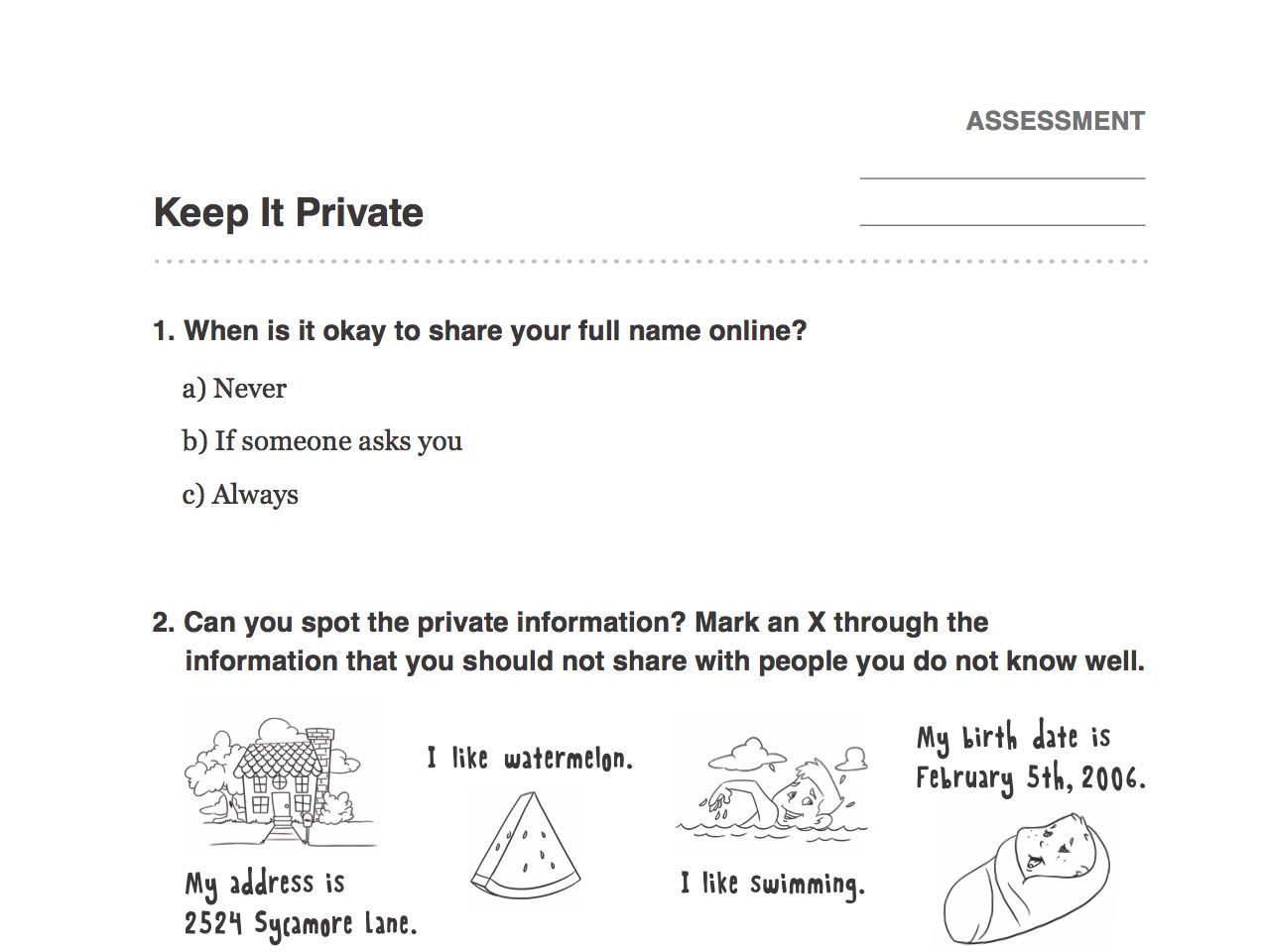





 Preview
Preview 








